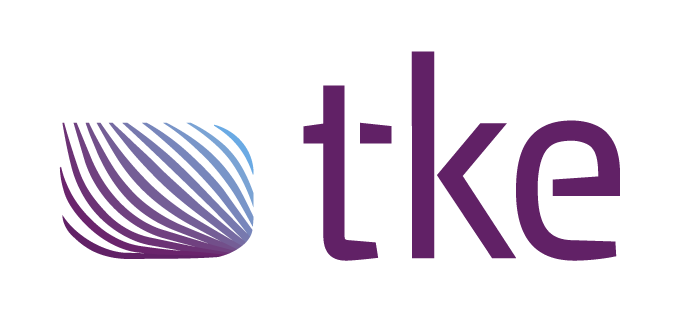How to choose the right control systems design?
Choosing the right control system is crucial for ensuring the optimal performance and efficiency of any operation. One of the primary factors to consider is compatibility with existing systems. A control system that seamlessly integrates with current infrastructure can minimize disruptions and reduce implementation costs. Scalability is another critical factor. As businesses grow, their control systems must be able to adapt to increased demands. A scalable system ensures that future expansions and technological advancements can be accommodated without the need for a complete overhaul. Additionally, cost plays a significant role in the decision-making process. It’s essential to evaluate not only the initial investment but also long-term maintenance and upgrade costs. The user interface should be intuitive and easy to navigate, allowing personnel to manage operations efficiently without extensive training. Lastly, support services are vital. Reliable customer support and access to expert advice ensure that any issues can be resolved quickly, maintaining the system’s effectiveness and efficiency.
How do different industries influence control system design?
The design of control systems varies significantly across industries due to specific requirements and standards. In the manufacturing sector, precision and reliability are paramount. Control systems must be able to handle complex processes and ensure consistent product quality. Custom solutions that address these needs are essential for maintaining competitive advantage. In the energy industry, control systems must manage diverse energy sources and ensure stability and efficiency. Systems designed for this sector often focus on optimizing energy consumption and minimizing waste. Meanwhile, the transportation industry requires control systems that ensure safety and efficiency, often incorporating advanced communication technologies to optimize traffic flow and vehicle performance. By understanding these industry-specific needs, control system designers can create tailored solutions that meet the unique demands of each sector. This approach not only enhances performance but also ensures compliance with industry standards and regulations.
What are the common challenges in implementing control systems?
Implementing control systems can present several challenges. One of the most common issues is the integration with existing infrastructure. Ensuring compatibility and seamless operation with current systems requires careful planning and expertise. Addressing these challenges early in the implementation process can prevent costly delays and disruptions. Training personnel to operate new control systems is another significant challenge. It’s essential to provide comprehensive training programs to equip staff with the necessary skills and knowledge. This investment in training can lead to increased efficiency and productivity in the long run. Cybersecurity is a growing concern as control systems become more interconnected. Protecting these systems from cyber threats requires robust security measures and regular updates to address vulnerabilities. Implementing these strategies can help safeguard critical operations and data.
How to optimize control systems for future growth?
To ensure that control systems remain effective and adaptable to future growth, it’s essential to adopt forward-thinking design strategies. This involves anticipating changes in technology and business needs and designing systems that can accommodate these shifts. Regular updates and maintenance are critical to keeping control systems up-to-date and efficient. By staying informed about the latest technological advancements, businesses can implement updates that enhance performance and extend the lifespan of their systems. Scalability should be a key consideration during the design phase. By planning for future growth, businesses can avoid the need for costly and disruptive system overhauls. A scalable system can adapt to increased demands, ensuring continued success as the business evolves.
Why choose TK Engineering Oy for control system solutions?
With over two decades of experience, TK Engineering Oy is a leader in control system design, offering innovative and reliable solutions tailored to various industries. Our expertise in CAN bus technology ensures that we provide cutting-edge communication systems that enhance performance and ensure long-term success. We pride ourselves on delivering scalable automation solutions that meet industry-specific needs, whether in Marine, Energy, Off-Highway Vehicles, or Defence. Our comprehensive services, including control system design, testing, and troubleshooting, ensure that clients receive the highest level of support and guidance. TK Engineering Oy’s commitment to quality and customer satisfaction is demonstrated through successful case studies and collaborations with market leaders. Our dedication to providing effective solutions makes us the ideal partner for businesses seeking to optimize their control systems for current and future needs..



